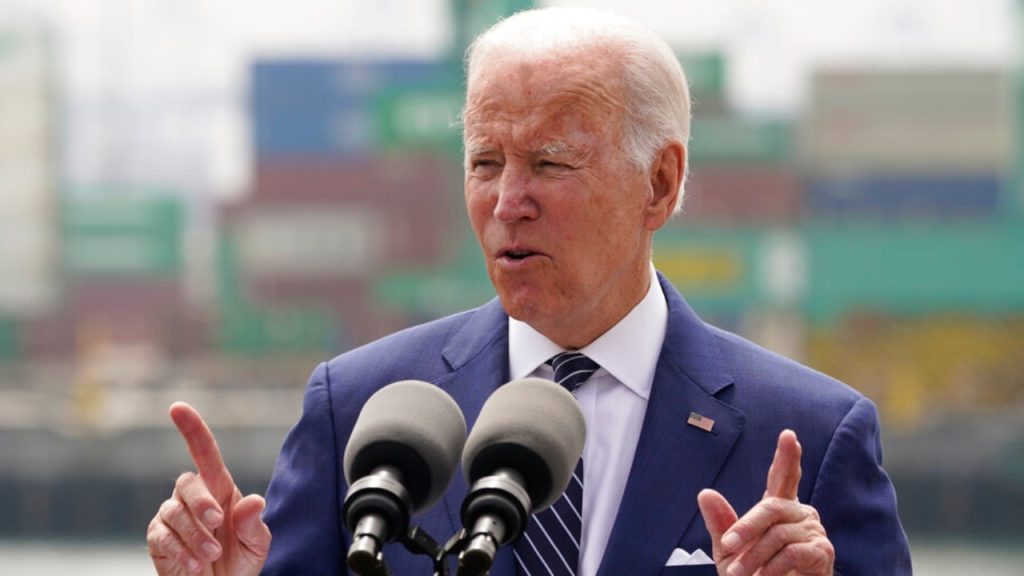President Biden recently recounted the story of his uncle, Ambrose Finnegan, who went missing in New Guinea during World War II. Biden shared with United Steelworkers Union members in Pittsburgh that Finnegan, who was a former athlete and member of the Army air corps, was shot down over New Guinea and his body was never found due to the presence of cannibals in the area. Biden expressed his desire to see how his uncle was memorialized at a World War II memorial in the region, highlighting his family’s deep connection to military service.
However, the Defense POW/MIA Accounting Agency had a different record of Finnegan’s disappearance. According to their report, Finnegan was on a courier flight that crashed into the ocean off the north coast of New Guinea, and he was not associated with any remains recovered after the crash. This conflicting account raises questions about the accuracy of Biden’s portrayal of his uncle’s fate, adding to a history of dubious claims made by the president, including recent assertions about being the first person in his family to attend college.
Previous instances of Biden embellishing his academic record, including a claim of graduating in the top half of his law school class, have been widely publicized. He has also made false statements about his family’s history, such as his grandfather’s supposed college football career, which have been contradicted by facts. Mainstream outlets, including The Washington Post, have scrutinized Biden’s anecdotes and deemed them to be exaggerated or untrue, perpetuating a narrative of questionable storytelling that the president has been unable to shake.
In addition to historical fabrications, Biden has been called out for recounting inaccurate personal experiences, such as falsely claiming he was arrested for trying to see Nelson Mandela in South Africa or arranging for his uncle to receive a posthumous Purple Heart while serving as vice president, despite his uncle having passed away before Biden took office. These repeated inaccuracies have raised concerns about Biden’s credibility and trustworthiness, particularly in his role as a public figure and leader of the country.
The president’s tendency to stretch the truth has extended to stories about personal hardships, like a claim that his home burned down in a lightning strike, which was later clarified to be a small fire contained in the kitchen. This pattern of embellishment and inaccuracies has been well-documented by journalists and fact-checkers, prompting scrutiny of Biden’s statements and narratives. While some may attribute these misrepresentations to a penchant for storytelling, others see it as a reflection of a lack of transparency and honesty in communication from the highest office in the United States.
As Biden continues to navigate public appearances and share personal anecdotes, the scrutiny around his storytelling and historical accuracy is likely to persist. The president’s propensity for embellishment has become a focal point for critics and media outlets, who aim to hold him accountable for his words and actions. In an era of heightened political polarization and media scrutiny, Biden’s narrative choices and recounting of personal experiences will continue to be dissected and analyzed, shaping perceptions of his leadership and credibility in the eyes of the public.


